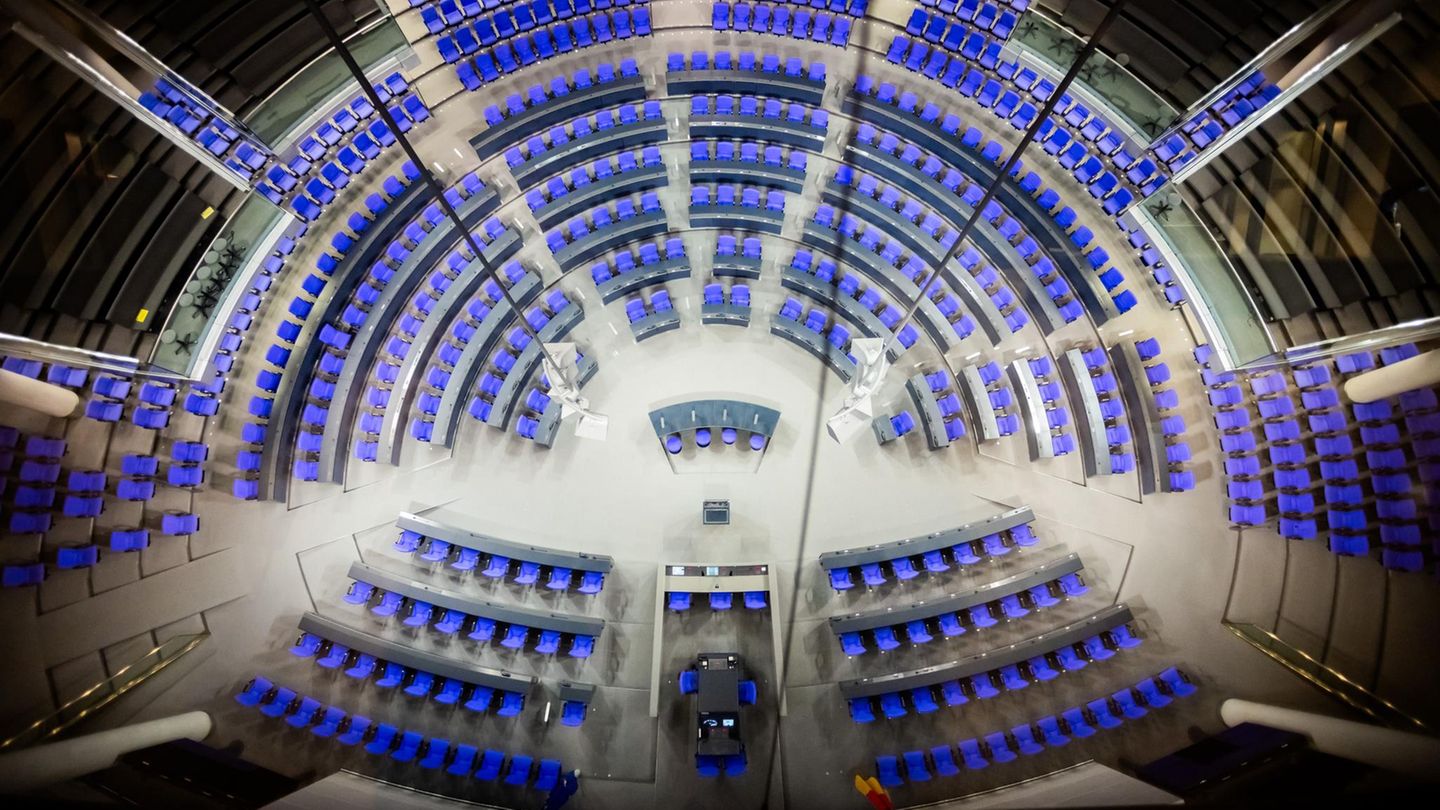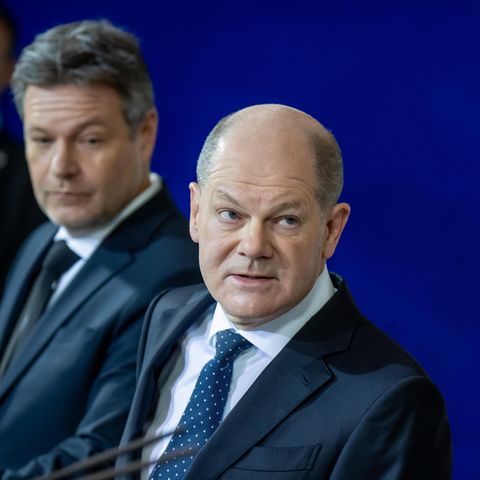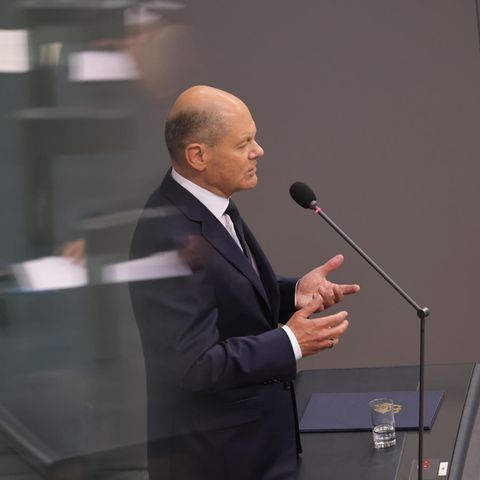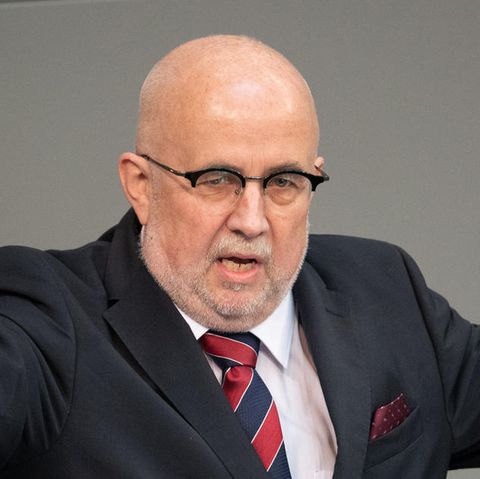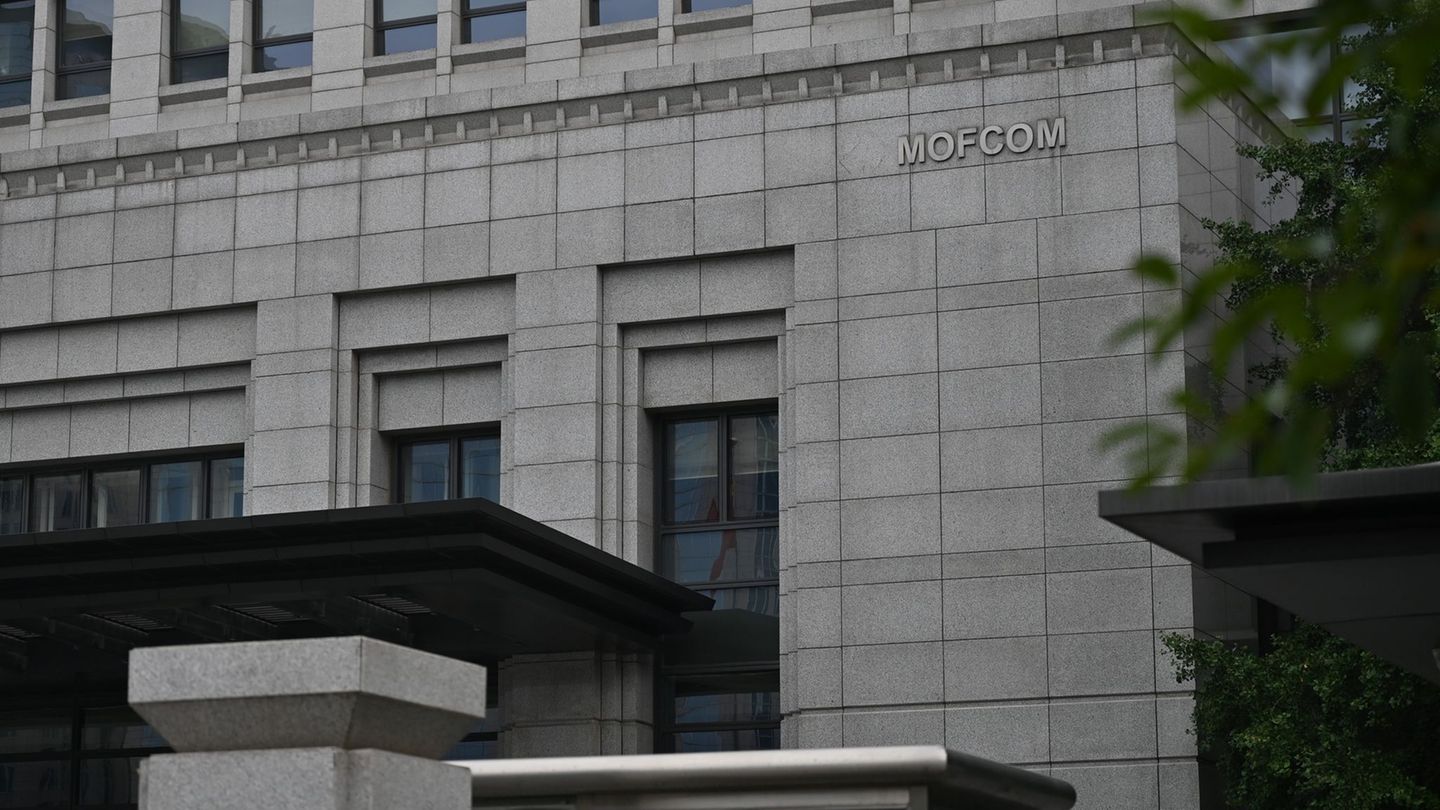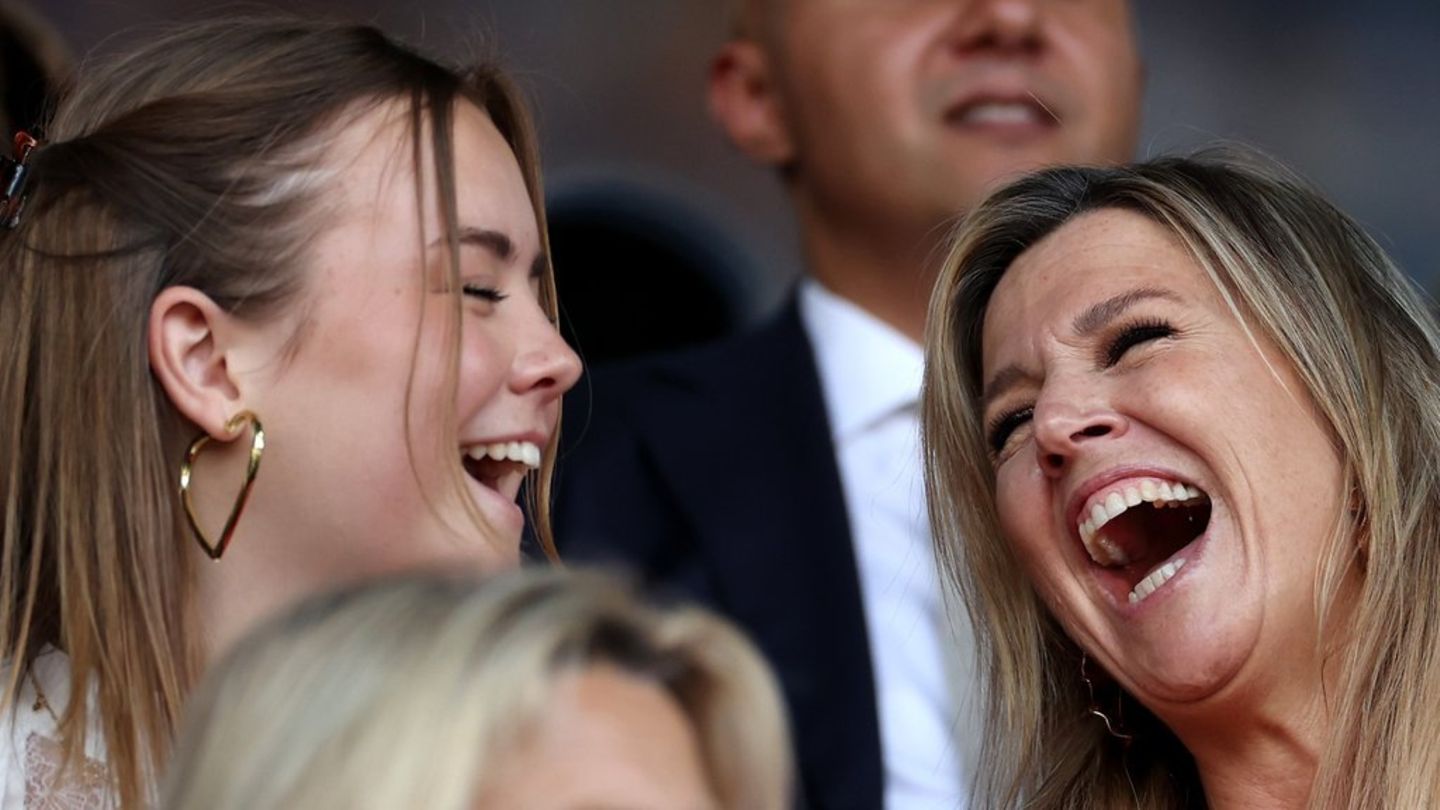Bundestag
What happens if Scholz gets a majority? Questions about trust
Copy the current link
For the first time in almost 20 years, a vote of confidence will be asked in the Bundestag. Olaf Scholz wants to bring about new elections. What you need to know about the day.
It is the decisive step on the way to the new Bundestag elections on February 23rd: Citing Article 68 of the Basic Law, Chancellor Olaf Scholz will call on members of Parliament today to express their confidence in him – in order to achieve the opposite. You can read along here in the live ticker about the question of trust today from Olaf Scholz. If he does not get a majority in the Bundestag as intended, he will go to Bellevue Palace immediately after the meeting and propose to Federal President Frank-Walter Steinmeier that the Bundestag be dissolved. Then all that’s missing is his consent.
Why is Scholz asking the question of trust?
For him, the vote of confidence is the only way to bring about an early federal election. He had already announced this step on November 6th, immediately after the sacking of FDP Finance Minister Christian Lindner and the end of his traffic light coalition. Since then, he has led a government supported by the SPD and the Greens, which no longer has a majority in the Bundestag. Without support from the opposition, she can no longer achieve anything.
What is the Bundestag voting on?
Scholz submitted a vote of confidence to Bundestag President Bärbel Bas last Wednesday, more than 48 hours before the vote. The letter, signed by him personally, consists of only two sentences: “Dear President of the Bundestag, in accordance with Article 68 of the Basic Law, I am submitting a request to express confidence in me. I intend to do so before the vote on Monday, December 16, 2024 to make a statement.”
From 11 a.m., the parliamentary groups will meet separately in the Bundestag to prepare for the vote. The plenary session begins at 1 p.m. Scholz will explain his reasons for the vote of confidence in a speech lasting around 25 minutes. This will be followed by a two-hour debate in which members of all eight parties represented in the Bundestag will have their say. A roll call vote will then take place.
What does “roll-call voting” mean?
This means that the voting behavior of each individual MP will be published approximately one hour after the result is verbally announced by Bundestag President Bas. Then you will see whether there are so-called dissidents, i.e. MPs who voted against the line of their own faction or group.
Is it certain that Scholz won’t get a majority?
This is considered safe. The Bundestag has 733 members. In order to gain parliament’s trust, Scholz would have to receive 367 votes – the absolute majority of all parliamentarians, also known as the “Chancellor’s majority”. The SPD parliamentary group with its 207 MPs wants to express its confidence in the Chancellor. However, the Green Party leadership has recommended that its 117 parliamentarians abstain.
What is behind this decision?
The Greens want to prevent the AfD from thwarting the coalition’s new election plans. If the Greens voted for Scholz, that would be a total of 324 votes, just 43 fewer than the Chancellor’s majority. Then the AfD with its 76 MPs could have mathematically helped Scholz gain a majority. However, with the Greens’ decision, this is now considered impossible. So far, only one member of the AfD has announced that he wants to vote for Scholz.
What about the other opposition factions?
It can be assumed that they will vote unanimously or almost unanimously against Scholz. There can always be individual dissenters. But no one has spoken up yet. And in election campaign times, votes for political competitors in such an important vote would also be rather unusual.
Purely theoretically: What if Scholz got a majority?
Nobody is speculating about this at the moment. Theoretically, Scholz and his minority government could simply continue to govern until the actually scheduled election date of September 28, 2025. Or he asks the vote of confidence again in the hope of a different vote.
What happens next if, as expected, Scholz doesn’t get a majority?
Then it’s the Federal President’s turn. Scholz will suggest to Steinmeier that the Bundestag be dissolved, which he then has three weeks to do, i.e. until January 6th. If the Federal President decides to do so, which is considered safe, the new election must take place within 60 days. The SPD, the Greens and the Union, the largest opposition faction, have agreed on February 23rd as the election date. The Federal President has already made it clear that he considers this date to be realistic.
Is Scholz still fully capable of acting, even if he no longer has the trust of Parliament?
The Chancellor and his government remain in office – in full and not just on an executive basis. According to Article 69 of the Basic Law, the office of the Federal Chancellor and his ministers only ends with the constitution of the new Bundestag, a maximum of 30 days after the election. If the negotiations on a new government coalition have not yet been completed at this point, the Federal President can ask the old government to continue in office until the new one is sworn in.
Is the Bundestag still able to act after the dissolution?
Yes. It will remain in effect with all its rights and obligations until the new Bundestag meets. Parliament can meet again at any time, it can continue to pass laws, and its committees such as committees of inquiry also continue to exist until the end of the electoral term. This end is reached with the first meeting of the newly elected Bundestag.
Is it realistic that the Bundestag can still achieve something?
Scholz is calling for the passage of several legislative proposals with financial relief before Christmas. “A solidarity of the democratic center on these important issues would be a strong signal,” said the SPD politician after submitting his motion for a vote of confidence. He appealed to the opposition: “Let us act together in the interests of the citizens.”
Is the opposition taking part in this?
Most things are blocked, but individual projects could still work: the Union and the FDP both want to agree when it comes to making the Constitutional Court more resistant to influence and blockage by enemies of the constitution. At least the FDP wants to agree to a law to compensate for the cold progression in income tax and for more child benefit – but it could then fail in the Federal Council because of the Union-led states. A law for the underground storage of climate-damaging carbon dioxide (CO2) could also come – the Union and the FDP have both signaled their approval here.
DPA
be
Source: Stern
I have been working in the news industry for over 6 years, first as a reporter and now as an editor. I have covered politics extensively, and my work has appeared in major newspapers and online news outlets around the world. In addition to my writing, I also contribute regularly to 24 Hours World.

